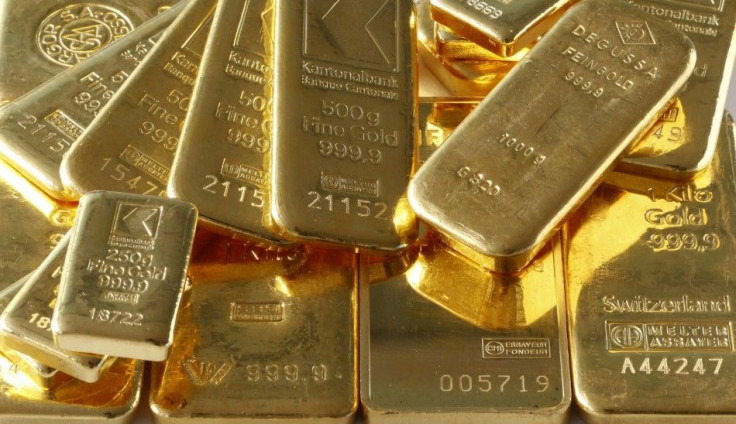Russia Ups Gold Reserves for 8th Month While Ukraine Slashes

Russia and Ukraine, tangled in a squabble over Crimea, have made some movements in their respective gold reserves. Data released on Tuesday by the International Monetary Fund revealed Russia boosted its gold reserves for the eighth month now in a row, while Ukraine slashed its bullion holdings for a second straight month.
As of November, Russia's gold holdings jumped by 18.753 tonnes to a total of 1,187.493 tonnes. Russia is the world's fifth-largest holder of bullion reserves. Ukraine, on the other hand, slashed by 2.488 tonnes its reserves, which are now only at 23.639 tonnes in November. It had actually divested 14-tonnes in October.
Russia's gold acquisition was fuelled mainly its prevailing economic difficulties arising from the sanctions slapped by the western nations. Ukraine's central bank said its gold divestments were needed to optimise the composition of its international reserves.
"The country's financial situation has been under pressure," Steven Dooley, a currency strategist for the Asia Pacific region at Western Union Business Solutions, told Bloomberg. "Its currency has been under pressure as well. Ukraine is definitely a small player. We really haven't seen any large impact on the gold market," he said.
Russia's gold buying comes after the World Gold Council early in December revealed the country had divested some of its precious safe have yellow metal gold to help keep the economy afloat. Portal Vesti Finance said the central bank divested some of the country's gold holdings "in order to maintain the exchange rate."
The WGC believed it was the first time Russia divested its gold holdings. The central bank had been consistent in adding gold to its reserves. In fact, from July to October alone, it purchased an equivalent 74 tonnes of gold from the domestic market. Russia was buying cheaper gold as a safe measure "for the possibility of a long-lasting economic war."
Vesti Finance said the central bank divested some of the country's gold holdings "in order to maintain the exchange rate."





















